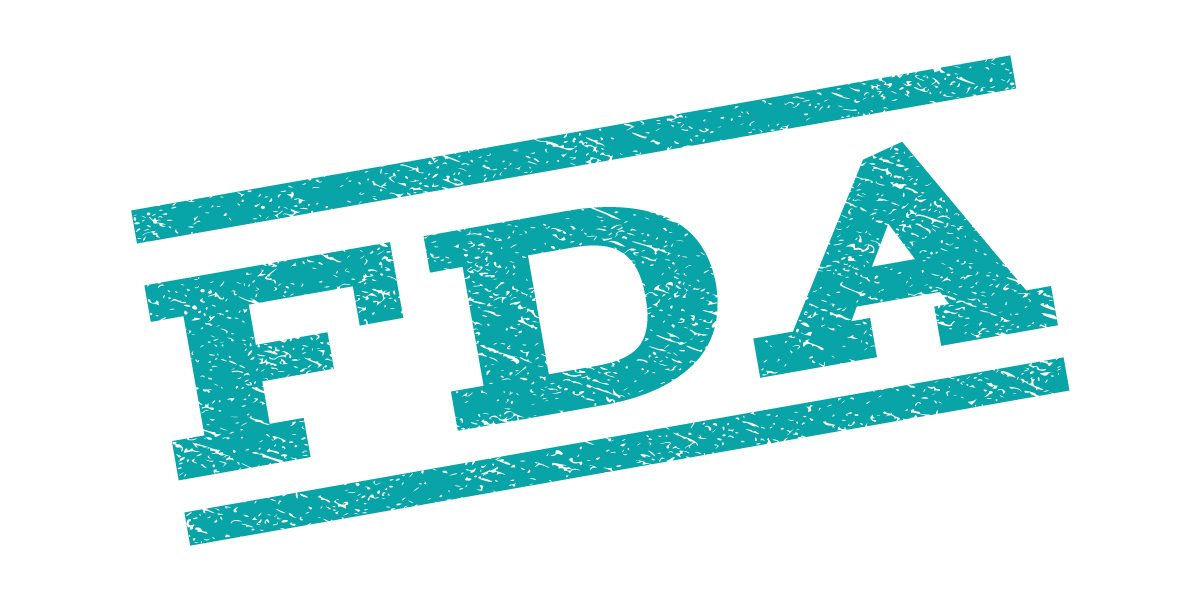Pfizer’s Gene Therapy for Duchenne Placed on Fast Track by FDA
Written by |

The U.S. Food and Drug Administration (FDA) has granted fast track designation to PF-06939926, Pfizer’s investigational gene therapy for Duchenne muscular dystrophy (DMD).
This designation is given to treatments that show considerable potential in addressing serious conditions for which available treatments fall short. It is meant to speed clinical development, regulatory review — enabling a therapy to qualify for priority review and accelerated approval — and entry into the market upon approval.
“The FDA’s decision to grant our investigational gene therapy PF-06939926 Fast Track designation underscores the urgency to address a significant unmet treatment need for Duchenne muscular dystrophy,” Brenda Cooperstone, MD, Pfizer’s chief development officer for rare disease, said in a press release.
“We are working to advance our planned Phase 3 program as quickly as possible,” she added.
PF-06939926 was previously designated an orphan drug by the FDA and the European Medicines Agency, and given the FDA’s rare pediatric disease designation. These recognitions also support its development and regulatory review, while ensuring marketing exclusivity for a period of time upon approval (seven years in the U.S., 10 years in Europe).
Duchenne is caused by mutations in the DMD gene, resulting in a deficient production of dystrophin, an essential protein for muscle integrity.
PF-06939926 uses a modified and harmless adeno-associated virus (AAV) — AAV9 — to deliver a shorter but functional copy of the DMD gene, called mini-dystrophin, specifically to muscle tissue. The one-time therapy is given directly into the bloodstream.
By providing a source of working mini-dystrophin protein to the most affected tissues, a single administration of PF-06939926 is expected to slow or halt muscle degeneration in people with DMD.
Fast track was granted based on promising data from an ongoing Phase 1b trial (NCT03362502), which is evaluating the gene therapy in about 30 boys and men with DMD.
The U.S.-based, multicenter, and ascending-dose study includes boys ages 4 to 12 who are able to walk without assistance, and males of all ages who lost their ability to walk without aid before age 17. Participants will be followed for up to five years after treatment.
The trial’s main goal is to assess the safety and tolerability of PF-06939926. Secondary goals include measuring the levels and localization of the mini-dystrophin protein in muscle biopsies, as well as additional safety measures.
Changes in the NorthStar Ambulatory Assessment (NSAA) rating scale — a validated measure of motor function — and in muscle fat fraction, a marker of DMD severity, are two of the trial’s exploratory goals.
One-year data from the first nine treated boys (mean age of 8) showed that PF-0693992 was well-tolerated, and resulted in sustained production of the mini-dystrophin protein in muscle tissues and in motor function improvements.
Three boys were given a predefined low dose of PF-06939926 (1E14 vector genomes (vg)/kg), while the other six received a higher dose of 3E14 vg/kg.
Patients showed a median improvement of 3.5 points in the NSAA score at one year, which significantly differed from the 4-point loss reported for age-, weight-, and function-matched boys with DMD given a placebo in previous clinical trials.
Greater benefits were seen among the boys given the therapy’s high dose.
They showed higher levels of mini-dystrophin and more mini-dystrophin-positive muscle fibers than those treated with the low dose, as well as a drop in muscle fat fraction in the thighs — a sign of improved muscle fiber health and quality — compared with a prior placebo group.
No reduction in fat fraction was observed in boys treated with the low dose.
Most common adverse events thought to be associated with the gene therapy included vomiting, nausea, decreased appetite, and fever. Three serious adverse events were reported in the first 14 days following treatment, which were fully resolved at the most recent clinic visits.





